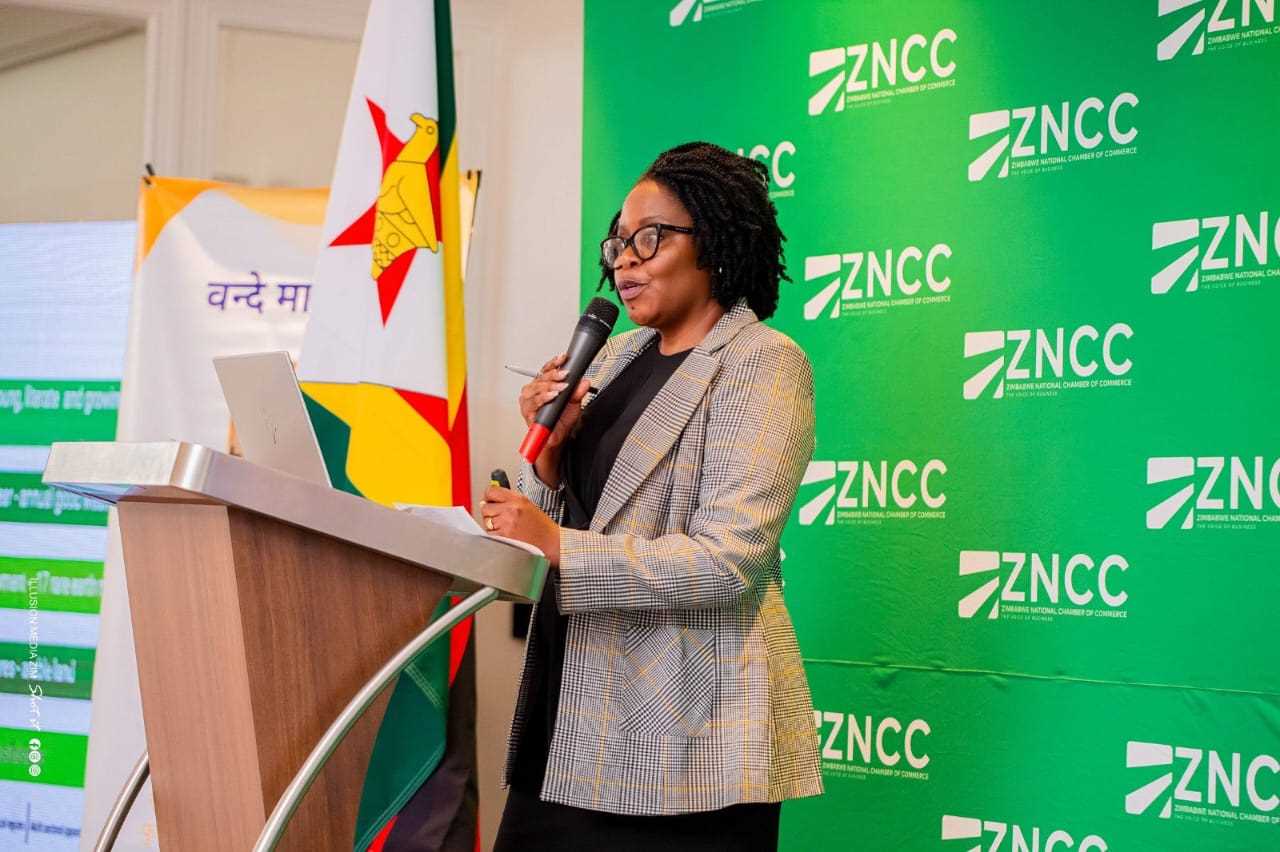Audrey Galawu
Assistant Editor
Seed Co International Limited released its unaudited financial results for the half-year ending September 30, 2024.
The group reported a 28% rise in revenue, reaching US$40 million compared to US$31.3 million in the same period in 2023. However, despite this growth, the company recorded a net loss of US$2.8 million, a reduction from the US$3.9 million loss in the prior year.
The revenue growth was fueled by increased seed volumes, particularly in maize, which saw a 17% volume increase, and a strong performance in markets like Nigeria, Tanzania, and Zambia. Additionally, SCIL's debut commercial trading in Ethiopia contributed to the positive results. Total seed volume grew by 27% compared to the prior year.
Cost of sales increased to US$19.9 million from US$16.1 million, reflecting higher activity levels. Gross profit rose by 32% to US$20.1 million, but this was partially offset by a 25% increase in operating expenses, which reached US$19.2 million.
Related Stories
Operating profit declined slightly to US$1.0 million from US$1.3 million, while net finance costs improved by US$1.0 million due to strong cash generation and reduced debt levels from the previous year. Losses from associates and joint ventures were also lower at US$1.0 million, compared to US$1.4 million in the same period last year.
Seed Co International’s total assets marginally increased to US$143.7 million from US$143.1 million as of March 2024.
Inventory levels grew to US$33.4 million, aligning with seasonal raw seed deliveries and processing ahead of the next planting season while receivables increased to US$46.7 million, attributed to improved cash sales and better collections of prior period debt.
Shareholders' equity declined to US$75.1 million, down from US$80.1 million in March 2024, mainly due to the reported loss and dividend payouts.
SCIL continued its focus on delivering climate-adapted seed solutions tailored to meet the challenges of climate change. Its research and development efforts aim to support food security in Africa, especially in the context of unpredictable weather patterns influenced by La Niña and El Niño.
Looking ahead, the company anticipates robust demand for its seeds as farmers and development partners increase their focus on food security. SCIL remains committed to expanding its presence across Africa by leveraging advanced seed technologies and addressing the diverse needs of drought-prone and high-rainfall regions.
With agriculture remaining a cornerstone of African economies, SCIL’s strategic positioning in the sector presents significant growth opportunities. The company aims to capitalize on improved agricultural performance and favorable policies while navigating climate-related uncertainties.




















Leave Comments